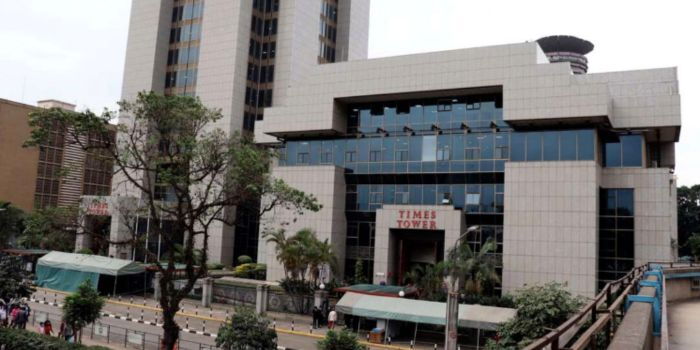The Kenya Tea Development Agency (KTDA) has voiced strong opposition to a newly proposed levy that would require tea farmers to pay 1% of their tea sales to the Kenya Revenue Authority (KRA).
While addressing the National Assembly Committee on Agriculture and Livestock Development on Friday, KTDA’s National Chairman, Senior Counsel Chege Kirundi, firmly requested lawmakers to scrap the proposed tax.
This new charge is part of the Tea (Amendment) Bill, 2023, and KTDA believes it will only increase the financial burden already weighing heavily on tea farmers.
Kirundi noted that small-scale tea growers are already struggling under many taxes, and the focus should instead be on helping them maximize their earnings.
KTDA Chief Executive Officer Wilson Muthaura supported Kirundi’s sentiments, stressing that the agency’s main goal is to safeguard the farmers’ income, not take more from it through extra levies.
“This sector thrives because of the hard work and resilience of smallholder farmers,” Muthaura said. “At KTDA, our mission is to protect their earnings and ensure every shilling they get from tea helps improve their families’ lives.”
The tea sector in Kenya is crucial—it directly supports over 650,000 smallholder farmers and millions more people indirectly through the wider value chain. It also remains one of Kenya’s top foreign exchange earners.
Muthaura added that KTDA is committed to increasing farmers’ earnings by focusing on better management practices, using advanced technology, and adopting sustainable farming methods. He emphasized that policies should be designed to support and uplift farmers rather than weigh them down with more financial pressure.
“Any law or policy change must empower farmers and create an environment where their hard work is rewarded,” he said. “That is how we will keep Kenya among the world’s top producers of high-quality tea.”
He also called on Members of Parliament to engage in consultations with key players in the tea industry before passing new laws that could hurt farmers’ profits and reduce productivity.
This proposed tea levy comes just a few weeks after the Ministry of Agriculture introduced a 4% levy on sugar millers and importers through the Sugar Development Levy.
That levy requires every sugar miller and importer to pay 4% based on the factory price for locally produced sugar or 4% of the cost, insurance, and freight (CIF) value for imported sugar.
Join Gen Z New WhatsApp Channel To Stay Updated On time https://whatsapp.com/channel/0029VaWT5gSGufImU8R0DO30


